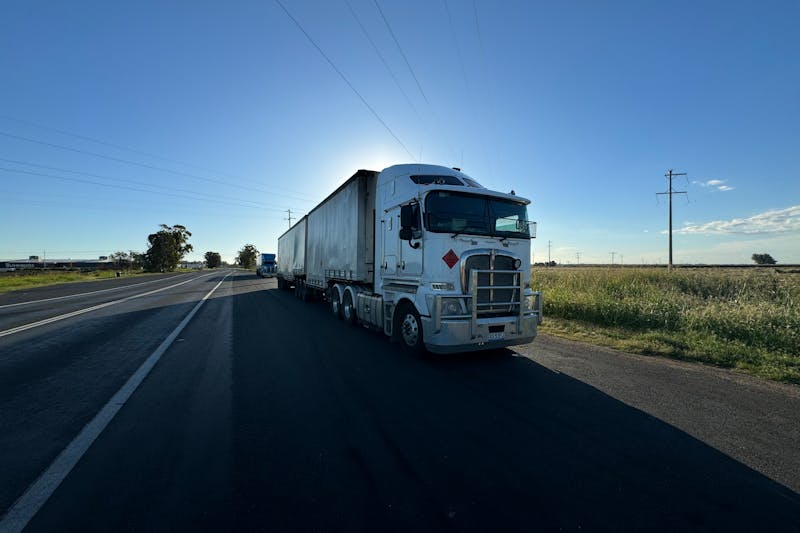Tempe Woman is Struck and Killed by Self Driving Uber Car, Now the Question Remains: Who is Responsible?
On March 18, 2018, Elaine Herzberg, 49, was struck and killed by a self driving Uber car. The Tempe resident had been crossing the road with her bicycle when the automobile driven by a robotic computer failed to stop before hitting her head on.
At first Tempe police said Herzberg was at fault. Their report stated that she had come “from the shadows” stepping off the median and into the road. Herzberg was jaywalking with her bike and ended up in the path of the vehicle. Legal experts monitoring the case have already said that Herzberg will likely be criticized for jaywalking and also for being homeless with a criminal history. They have also been quick to follow up these criticism by explaining that Tempe is not bicycle or pedestrian friendly meaning jaywalking is absolutely necessary to cross the street. Furthermore Herzberg was actively trying to get her life back on track.
The self driving Volvo XC90 Uber car did have a safety driver behind the wheel. Video footage shows Rafaela Vasquez looking down rather than onto the road. Her hands were not on the top sides of the steering wheel as recommended by Uber. Vasquez was also not a professional driver and had a history of driving offenses, although they were not enough to disqualify her from the position. If the case is prosecuted, she is likely to come under intense scrutiny. Vasquez has not been charged.
Initially after the crash police said nothing could have prevented it; they have retracted that statement. After a brief investigation, police questioned the technology of the car and how it failed to notify the safety driver of the pedestrian. The car uses a combination of sensors that provide an complete 360 degree view around the circumference of the vehicle. Radar and light sensing technology is used to identify any potential obstacles. It would appear that everything failed. The case has been sent to the Attorney’s Office where it will be decided whether there is a basis for criminal prosecution. The NTSB (National Transportation Safety Board is also investigating the case. Meanwhile Uber has ceased the self driving car program in Tempe until further notice.
Senator Richard Blumenthal, Democrat of Connecticut said “This tragic incident makes clear that autonomous vehicle technology has a long way to go before it is truly safe for the passengers, pedestrians, and drivers who share America’s roads.” This accident was an abrupt reminder that self driving technology is not perfect and still remains in the experimental stage.
Back on March 1, just 17 days before the incident, Arizona Governor Douglas Ducey updated a 2015 order on self driving cars. The businessman an ex-CEO of Coldstone Creamery said that fully autonomous self driving cars would be allowed on public roads as long as the met “minimal risk conditions”. The vehicles would not need an operator, but would require insurance and registration in addition to meeting applicable federal laws. Whether or not his updated order will continue to remain is not yet clear.
Legal advocates are also questioning who, if anyone, is responsible. Uber? The safety driver, Vasquez? The victim, Herzberg? The State? At this time there is no conclusive report that explains what happened. Defective sensors or computer equipment does not seem to be the case. The safety driver was not in control of the car and was not given any indication to take over. Both factors insinuate that no robot or human could have prevented the crash or death. In normal circumstances, the driver of the car, and their insurance, would be litigated and likely have to compensate the victim. Because a self driving vehicle caused the crash, it could be possible to litigate Uber on the grounds of product liability.
The problem with this theory is that Uber is currently testing their technology in the State of Arizona. They were not leasing or selling their vehicles. What this could mean is that neither product liability or vehicle negligence can be construed in the Herzberg case because no one was driving and no product was being sold or leased. Could the State of Arizona be held responsible for allowing the cars to drive on public roads with little to no oversight? Some say ‘no’ because a state cannot be held liable for a policy decision.
An executive order in Arizona does suggest that a human operator of a self driving car is responsible for traffic infractions while inside the vehicle. That means Vasquez, the safety driver of the car, could in theory be charged with manslaughter. Whether or not the prosecutor would file this charge would depend on a judge’s decision because there is no legal precedent. Currently there are federal laws being constructed that could push injuries or deaths arising from self-driving cars into private, out of court arbitration.
CASE UPDATE AND SETTLEMENT OUTCOMES
As for the Herzberg case, her daughter has retained a personal injury lawyer who has already settled the case with Uber for an undisclosed amount. The mother, father, and son of Herzberg has also retained a separate law firm and are also seeking compensation from Uber.




![Average Settlement for Car Accidents in Nashville [What to Expect in 2025]](https://www.thehigginsfirm.com/wp-content/uploads/2025/03/car-accident-settlement.jpg)
